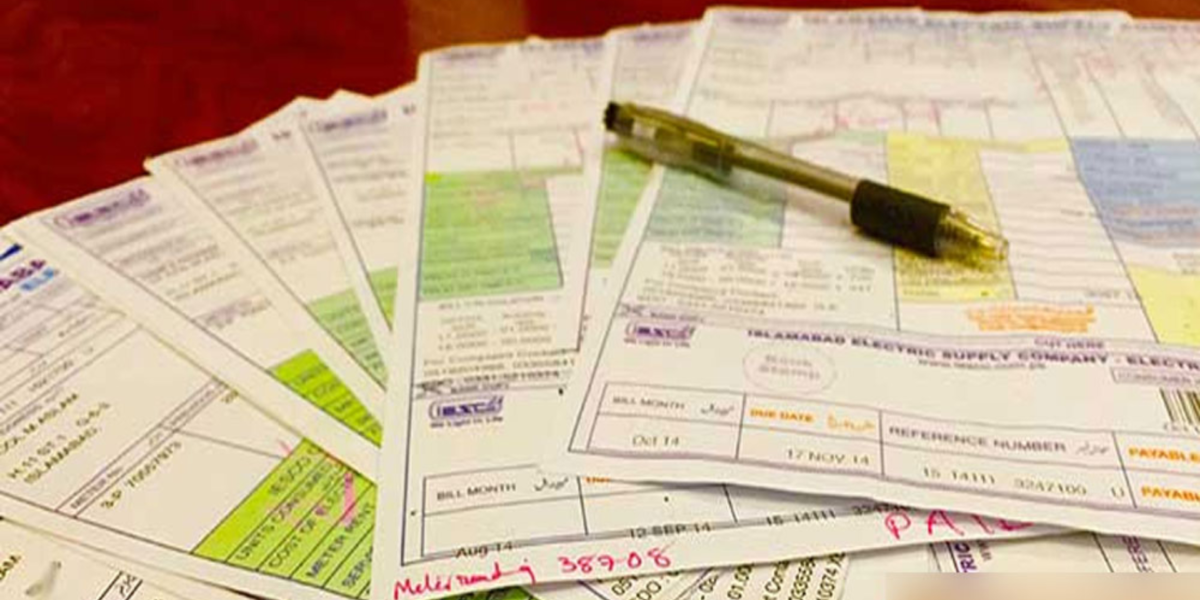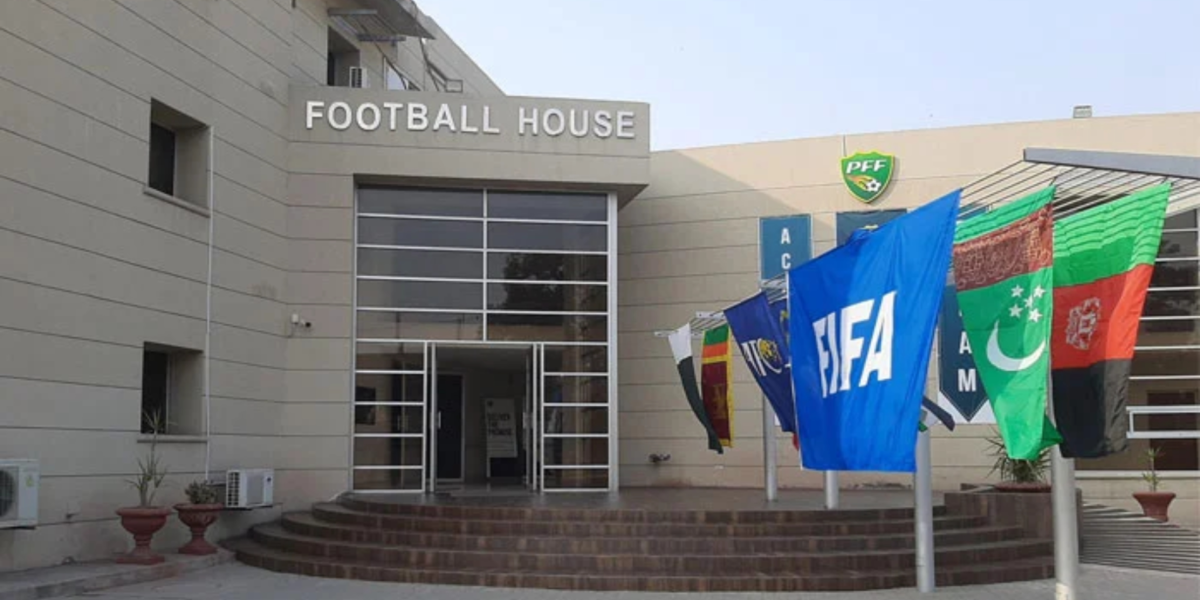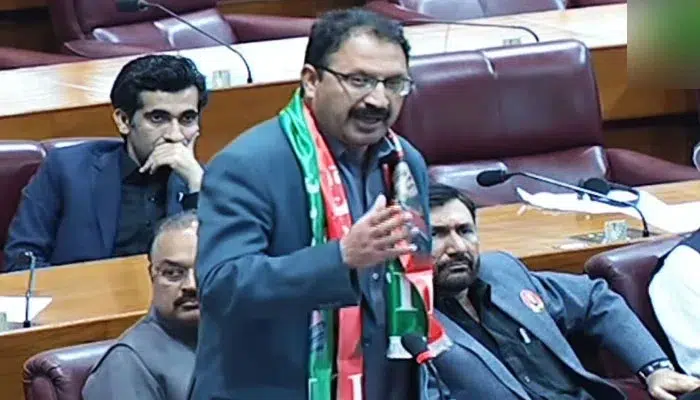Islamabad Electric Supply Company (IESCO) consumers in Rawalpindi and Islamabad have begun receiving a Rs14 per unit subsidy on their electricity bills, providing much-needed relief as announced by Punjab Chief Minister Maryam Nawaz.
Residents of Islamabad, although in a federally administered area, will also benefit from this relief due to their inclusion under IESCO’s jurisdiction.
According to IESCO spokesperson Raja Asim, domestic consumers who have already paid their August electricity bills will see the excess amount adjusted in their September bills. Those who have not yet settled their August bills will receive revised and subsidized bills reflecting the Rs14 per unit reduction.
Asim noted that bills for consumers in batches six to 15 are currently being printed with the announced relief and will be delivered to their homes. Additionally, he confirmed that due dates for bill payments have been extended, and updated bills will be available on IESCO’s website.
The Punjab government’s relief initiative applies to electricity consumers using up to 500 units for August and September. The provincial government had requested detailed financial estimates from distribution companies, including IESCO, by August 19 to facilitate subsidy payments.
Read More: Pakistan tractor industry on verge of collapse amid new sales tax
A Punjab government spokesperson revealed that, following instructions from Chief Minister Maryam Nawaz Sharif, official letters were dispatched to five electricity distribution companies—Lahore Electric Supply Company, Faisalabad Electric Supply Company, Multan Electric Power Company, Gujranwala Electric Power Company, and Islamabad Electric Supply Company—requesting financial details to support the subsidy payments.
These companies were instructed to calculate and report the total financial costs associated with the Rs14 per unit subsidy. The Punjab government has committed to covering the difference between the actual cost of electricity and the reduced rates for consumers using between 201 and 500 units as part of its relief package.
















